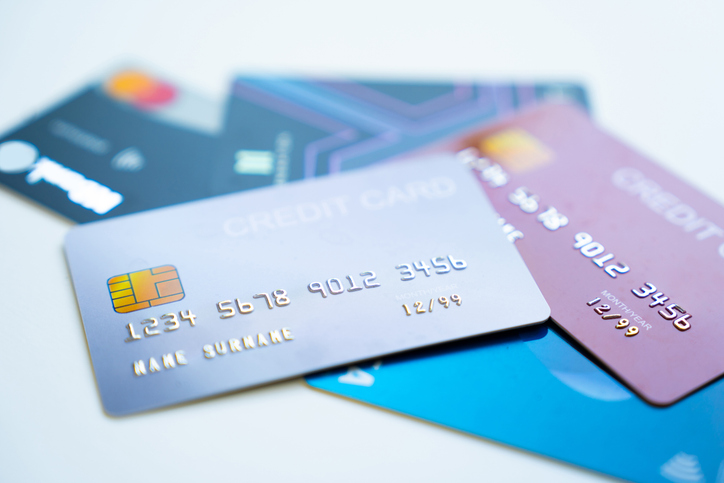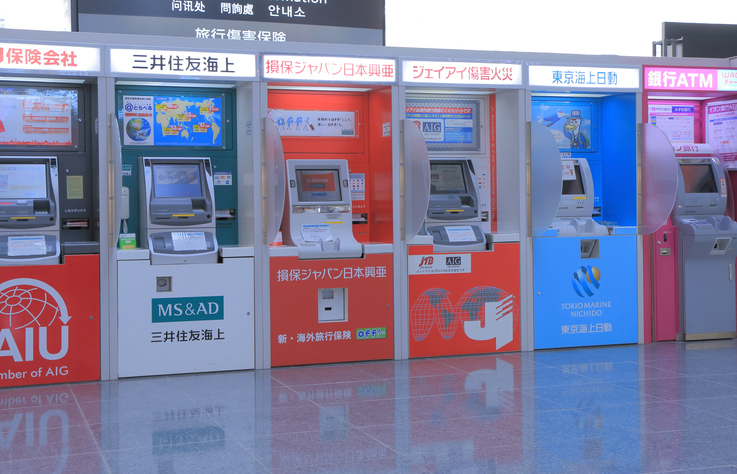
April 8, 2025
How Does Japan’s Credit System Work?
A simple guide to building a credit record and an overview of some of the credit and debit cards available
Japan’s credit system can be confusing, and many foreign residents struggle to get their first credit card. This guide breaks down how Japan’s credit system works, introduces the two main credit bureaus and explores some of the credit and debit card options available.
Does Japan have a credit score system?
Unlike the United States, Japan does not use a standardized credit score to determine eligibility for certain credit services. However, there is a system that tracks an individual’s credit usage and payment history, providing lenders with insights into their reliability in repaying borrowed funds.
The two main credit bureaus are the Credit Information Center (CIC) and the Japan Credit Information Reference Corp (JICC). Their primary functions are the collection, management, analysis, provision and disclosure of credit information related to consumer transactions.
In simple terms, when an individual applies for their first credit card in Japan, there is no existing record of their creditworthiness. Therefore, approval is decided solely on the information provided in the application form. Applicants with stable employment at a recognized company and a higher salary have a better chance of approval than those working for a smaller, privately owned business.
People who use credit services gradually build a record of their “trustworthiness.” Consistently paying credit card bills on time, for example, improves the chances of securing a home loan in the future.
Individuals can check their credit records on the CIC and JICC websites, but they won’t find a specific credit score.

How to build up a credit record
One of the easiest ways an international resident can start building a credit history is to sign up for a mobile phone contract. Since the cost of the phone itself is typically spread over two years, it is considered a type of loan. Making those monthly payments on time is important for establishing a positive credit record.
Credit cards in Japan operate a little differently from other countries. Typically, the card balance is paid off in full every month by direct debit from the cardholder’s bank account. It is uncommon to carry a balance and pay it off over time. There is a system known as リボ払い (ribo-barai, literally “revolving payments”), which allows users to split their payments over time instead of paying the full amount upfront. However, this is best avoided if the user is trying to build up a credit record, and it often comes with steep interest rates.
Don’t have a bank account yet? Find out how to open a bank account as a foreign resident in Japan in our comprehensive guide.
What credit cards are available?
There are many credit card options available in Japan, with cards issued and promoted by banks, shopping centers, department stores and airlines. Some fitness gyms require members to sign up for a credit card to pay their monthly fees. Loyalty programs, such as points and air miles, are heavily promoted. Rakuten Card is popular due to its points system and integration with the company’s e-commerce platform.
First-timers often start by applying for a credit card with their bank. If this proves difficult, they should explore other options available in their neighborhood. Many supermarkets and shopping malls offer credit cards, and the application can be completed in the shop.
Newcomers to Japan may want to try the Nexus Global Card. Designed specifically for foreign residents, this deposit-style card does not require a bank account. Instead, users provide a guarantee deposit, which ensures they can cover the balance.

How about debit cards?
Debit cards are a relatively new concept in Japan, but there are some good options available. However, they are yet to reach the level of convenience found in the US, UK and elsewhere. The three megabanks (MUFG, SMBC and Mizuho) offer debit cards, with MUFG providing a choice between Visa or JCB. Debit cards linked to international brands can be used in Japan and overseas. Seven Bank also offers a JCB debit card that earns nanaco points.
A word of caution: While debit cards can be used for online shopping, they offer less protection than credit cards. If a debit card is compromised and used fraudulently, the money is immediately withdrawn from the user’s bank account. This makes it more difficult to recover compared to credit card fraud, where charges can often be disputed before payment is made.
To conclude, Japan has a well-developed credit system, though new residents may face challenges when applying for their first credit card. Fortunately, alternative options are available, and with careful management, anyone can build up a solid credit history over time.
Read more from Martin on financial planning for foreign residents in Japan at smartmoneyasia.com







